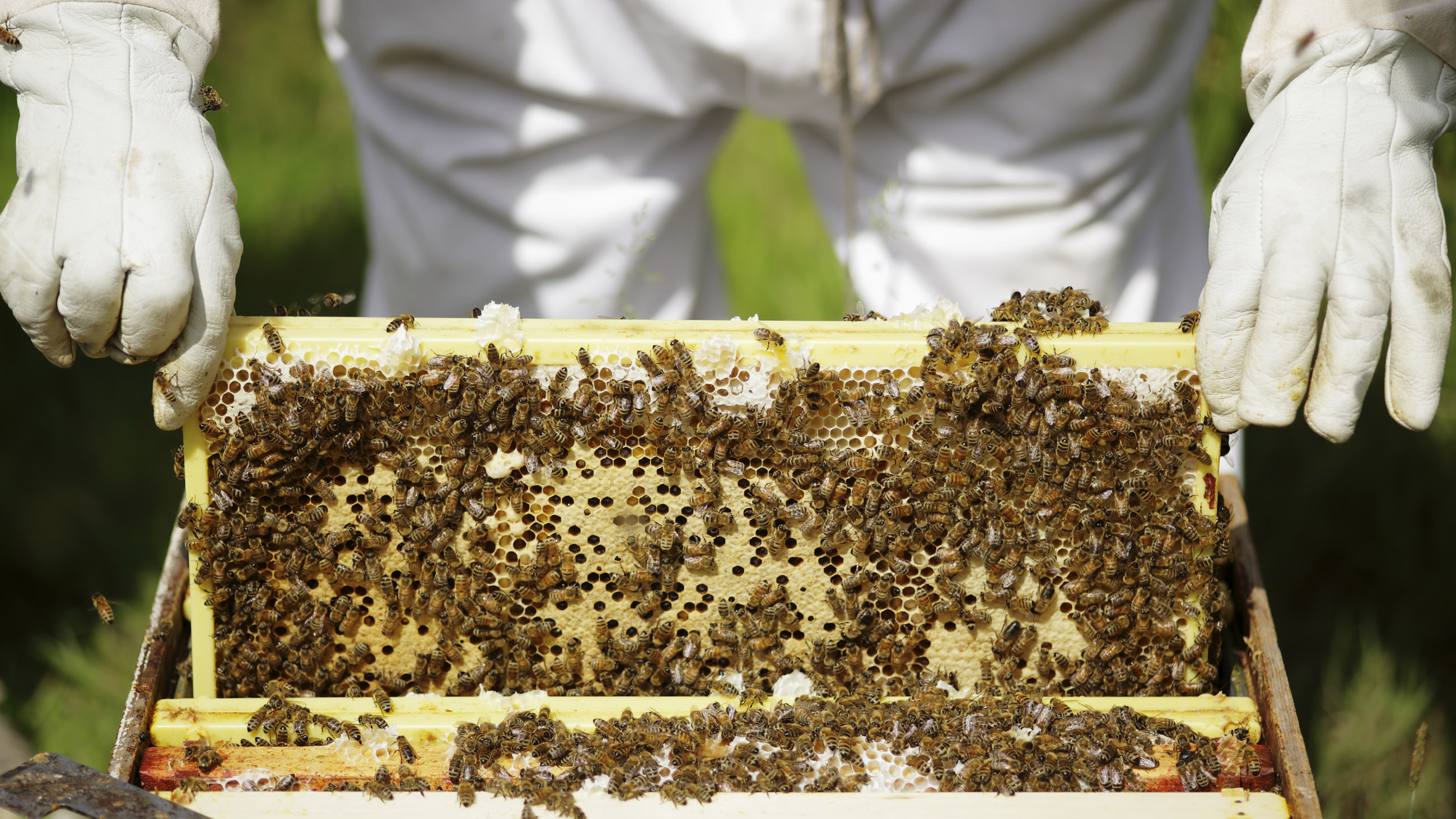Abstracts: Bees, Fault Lines, Forest Fires, and More
• The bees are all right — some of them, at least. While wild bee populations are on the decline, their domesticated counterparts appear to be doing “just fine.” (Washington Post)

• Think your backpack is heavy? Think again. Arctic explorer and mountaineer Lonnie Dupre explains what it takes to carry 19 days of supplies. (National Geographic)
• As Europe experiences the largest wave of immigration since World War II, research suggests that the trek and associated trauma may take a mental toll on these refugees, who often develop PTSD, anxiety, and depression. (Nature)
• The discovery of a new fault line could explain the 200 earthquakes that recently struck southern California. This provides further incentive to understand the relationships and interactions between fault systems. (Forbes)
• Detroit is experiencing a different kind of greenhouse effect, repurposing abandoned homes as plant nurseries. (The Atlantic)
• Rocky relations between the U.S. and Russia lead to the suspension of a nuclear research agreement. This decision may be mainly “symbolic,” but experts say the two countries with the largest nuclear arsenals would do well to work together. (Science)
• A new study reveals that over the past 30 years, forest fires in the western U.S. have spread 16,000 more square miles than they would have without the effects of climate change — a loss that exceeds the area of Massachusetts and Connecticut combined. (Phys.org)
• A lesser-known species of monkey receives attention this week for a winning smile and colorful rear. (National Geographic)
• And finally: In the depths of a gold mine in South Africa, a type of bacteria is extracting energy from uranium in the rocks. Scientists suggest that extraterrestrial life in the more uninhabitable parts of our cosmos could persist in similar ways. (Science)










